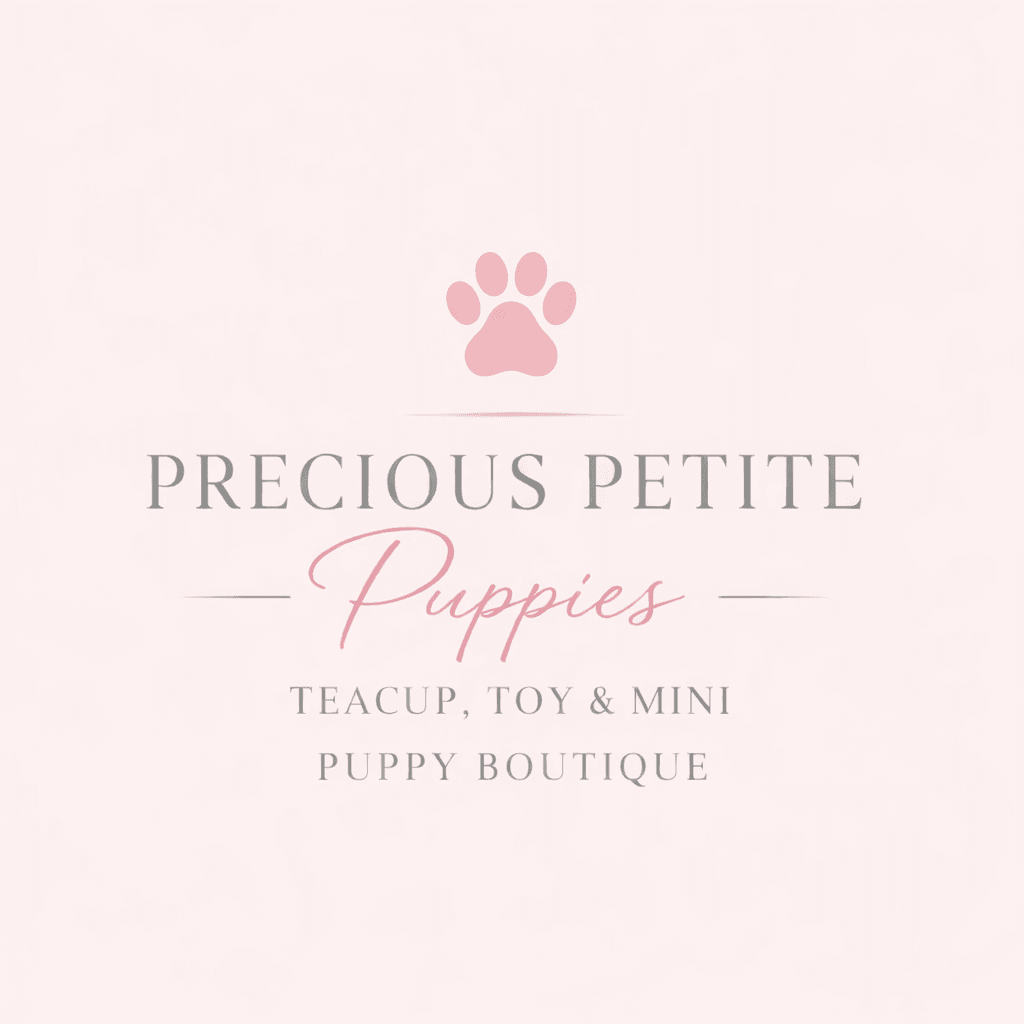Expert Tips for Training Your Puppy: From Basics to Advanced
PP
Starting with the Basics
Bringing a new puppy into your home is an exciting adventure, but it also comes with the responsibility of proper training. Start with the basics to build a strong foundation for your puppy's education. Focus on teaching simple commands such as "sit," "stay," and "come." These commands are essential for ensuring your puppy's safety and good behavior.
When training your puppy, consistency is key. Use the same words for each command and practice regularly. Puppies thrive on routine, so try to train at the same times each day. This helps reinforce the learning process and makes it easier for your puppy to remember what is expected.

Positive Reinforcement Techniques
One of the most effective methods for training puppies is using positive reinforcement. Reward your puppy with treats, praise, or playtime whenever they successfully follow a command. This encourages them to repeat the behavior in the future. Remember to choose rewards that your puppy finds motivating.
The timing of the reward is crucial. Offer the treat immediately after the desired behavior to create a clear connection between the action and the reward. Over time, you can reduce the frequency of treats, gradually replacing them with verbal praise or other forms of affection.
House Training Essentials
House training is often one of the first challenges new puppy owners face. Begin by establishing a consistent schedule for feeding and bathroom breaks. Take your puppy outside to the same spot each time, and use a specific command like "go potty" to help them associate the area with the action.
Accidents are inevitable during the early stages, so be patient and avoid scolding your puppy. Instead, clean up any accidents promptly and continue reinforcing proper bathroom habits. Consistency will help your puppy understand where and when they should relieve themselves.

Socialization: A Key Component
Socialization is an important aspect of puppy training that shouldn't be overlooked. Expose your puppy to various environments, people, and other animals to help them grow into well-adjusted adults. Socialization should be done gradually and positively to prevent overwhelming your puppy.
Organize playdates with other dogs or take your puppy to a local dog park once they've completed their vaccinations. This exposure helps reduce fear and anxiety while promoting friendly interactions with others.
Advanced Training Techniques
Once your puppy has mastered basic commands, it's time to move on to more advanced training techniques. You can teach tricks like "roll over," "play dead," or "fetch." These activities not only challenge your puppy mentally but also strengthen your bond.

Consider enrolling in an obedience class or hiring a professional trainer for guidance on advanced techniques. Learning from experts can provide valuable insights and ensure that your puppy receives well-rounded education tailored to their specific needs.
Addressing Behavioral Issues
Despite your best efforts, behavioral issues can still arise. Common problems include excessive barking, chewing, or jumping on people. Address these issues promptly by identifying the root cause and implementing corrective measures using positive reinforcement techniques.
If you're struggling to manage certain behaviors, don't hesitate to seek professional advice. Trainers or veterinarians can offer strategies and solutions tailored to your puppy's unique personality and circumstances.
Maintaining Consistency and Patience
Training a puppy is a rewarding yet challenging endeavor that requires time, patience, and dedication. Consistency is crucial throughout the process. Stick to established routines and allow ample time for practice and reinforcement.
Remember, every puppy is different. Some may learn quickly, while others need extra time and support. Be patient with your furry friend as they navigate their learning journey, celebrating their progress along the way.

Conclusion: A Lifelong Learning Journey
Puppy training is not a one-time effort but a lifelong journey. Continue to engage with your dog through training exercises and mental stimulation as they grow older. This ongoing process will strengthen your relationship and ensure a happy, well-behaved companion for years to come.
By following these expert tips from basic commands to advanced techniques, you can help your puppy become a well-mannered member of your family. Embrace the adventure and enjoy every moment of this special time together.
